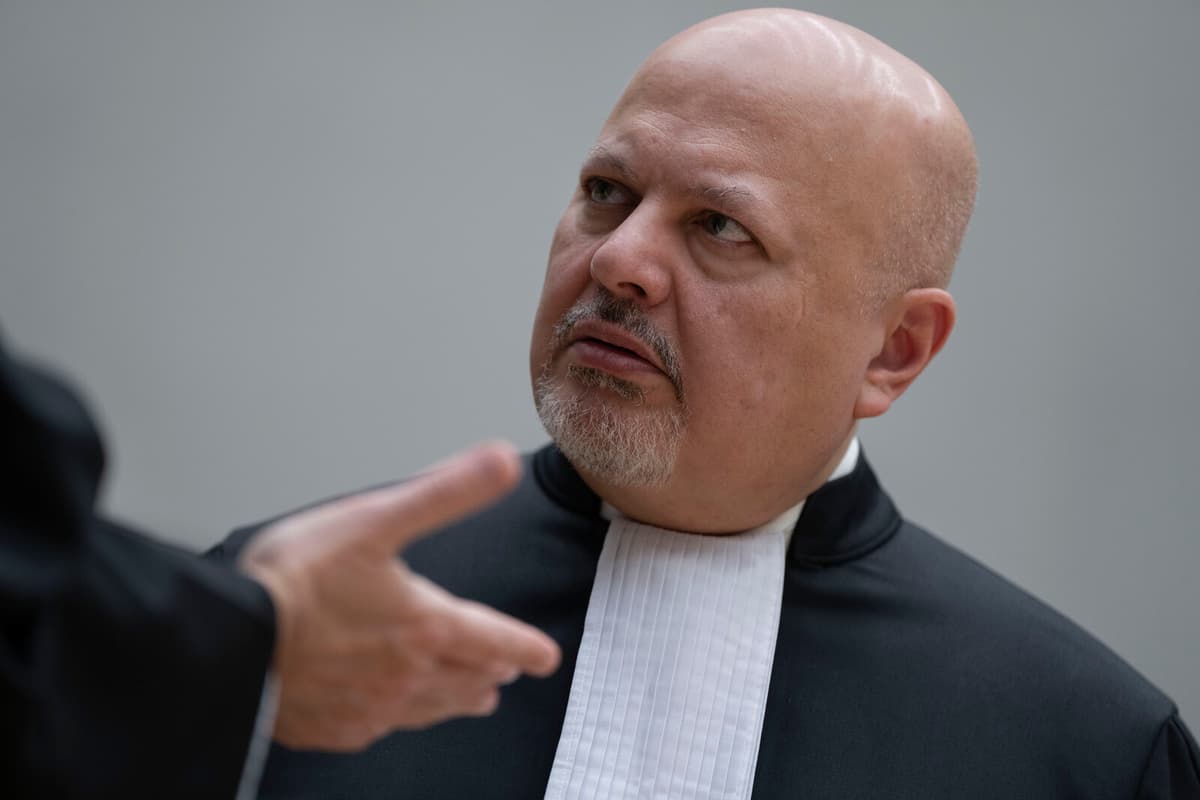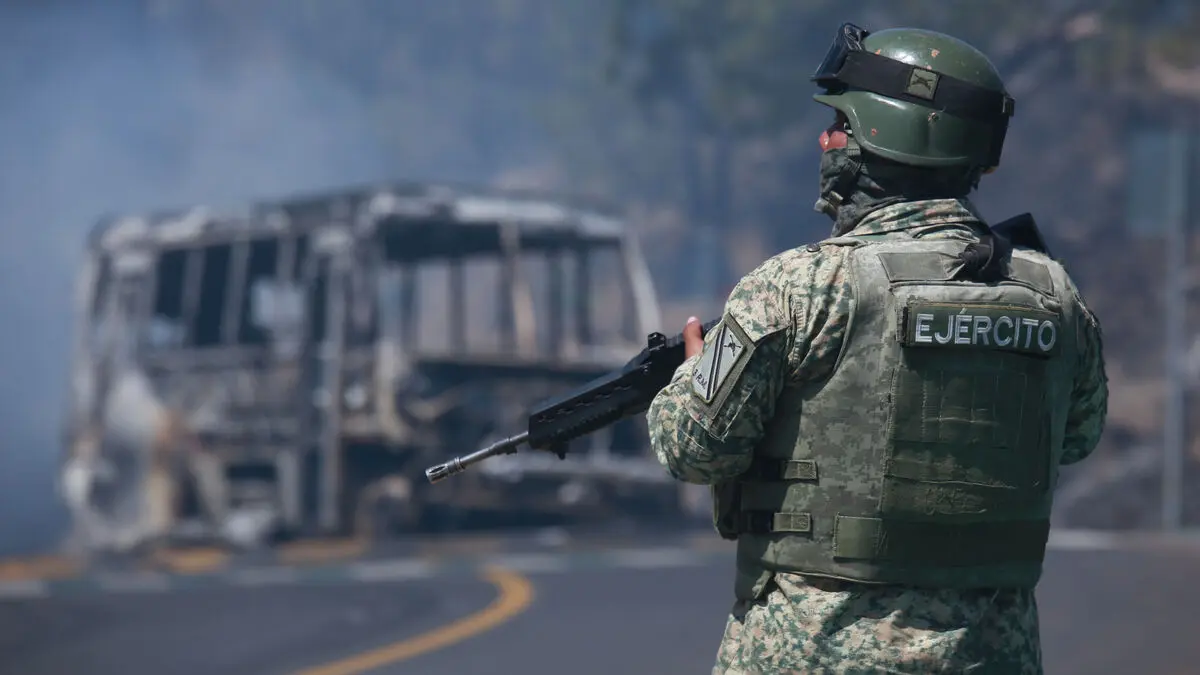In February, the Trump administration imposed sanctions on Karim Khan, the chief prosecutor of the International Criminal Court (ICC) in The Hague, following allegations of "illegitimate and unfounded attacks" on Israel and the USA.
The sanctions make it impossible for the court to continue its work, according to former and current employees and international lawyers in interviews with AP. Khan has lost access to his email account and had his bank accounts frozen. Americans employed by the ICC have been told that they may be arrested if they return home to the USA. Even the remaining employees are prohibited from entering the USA.
Furthermore, several non-governmental organizations are said to have stopped working with the ICC.
The sanctions will prevent victims from getting justice, says Liz Evenson of the Human Rights Watch (HRW) organization.
The court's work on investigating war crimes in Sudan has reportedly been put on hold.
Neither the ICC spokesperson nor Karim Khan has wanted to comment on the matter.
The British citizen Khan is behind the request that has led to the ICC issuing an arrest warrant against Israel's Prime Minister Benjamin Netanyahu. According to the warrant, he should be arrested for war crimes and crimes against humanity in the Gaza Strip, among other things, for intentionally attacking civilians and for using starvation as a weapon.
The USA and Israel have not ratified the ICC's founding document, the Rome Statute.






